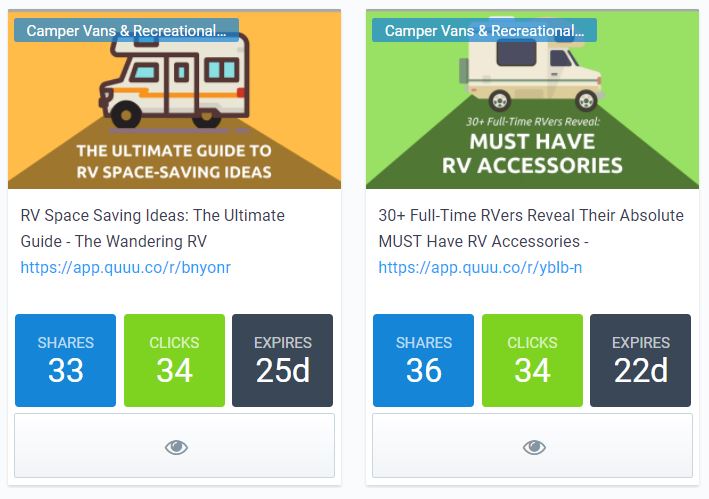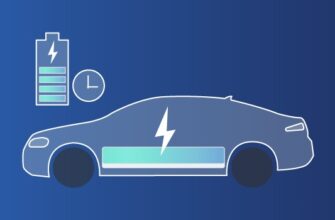
It’s fantastic and daunting to start a blog for the first time.
believing that someone will read what you wrote and perhaps even share it. I can’t think of another emotion like it.
However, not everything is sunshine and butterflies. Starting a blog is a lot of work, and there are several traps to avoid. particularly if you are a novice.
In fact, there are so many hazards that we had to create this guide. There are 45 things in total that we wish we had known before launching our first blogs. You won’t have to commit these errors yourself this way!
How to launch a blog properly
But who precisely are “we,” you ask? Well, we all contributed to this post. Three bloggers contribute to the article by offering their best tips on how to create a blog, as well as how to do it successfully and earn money from it.
We’re about to examine all we’ve learnt over the past eight or more years, so take a coffee and settle in. Enjoy!
45 things you ought to be aware of before beginning a blog…
We’ve chosen to concentrate on the most difficult aspects of creating a blog with the help of the following resource.
Everything will be covered, including technology, writing, SEO, graphic design, marketing, tools, security, and a zillion other topics.
Let’s tackle SEO first, as it has undoubtedly been the most crucial aspect of many bloggers’ careers.
Let’s speak more explicitly about how simple SEO is and the typical errors new bloggers make.
Drive tens of thousands of visitors every month using SEO
The practice of optimizing your content for search engines like Google is known as SEO, or search engine optimization.
Keyword research, link building (the process of obtaining links to your website from other websites to enhance your search ranks), and a plethora of additional acts required for best performance are all included under the general term “SEO.”
But more on that in the section that follows. For the time being, launching a blog should take this method into consideration even though it may seem complicated. It operates as follows:
I. Around your niche, look for keywords with a moderately low ranking difficulty.
You may check the number and difficulty of keyword searches using a tool like Ahrefs, Moz, or SEMrush. Here is what it looks like to use Ahrefs for keyword research:

II. Produce the greatest online content possible for the subject and keyword you’ve selected.
Here, there are two steps:
Choose the terms you wish to use when beginning a blog first. But don’t make assumptions. There’s more to this.
The only keywords you should use are those that are both in demand and for which you can rank. There are varying levels of keyword difficulty, and some will regrettably be beyond what you can target in your first several years of blogging.
So that’s the first step, okay. The second step is to produce content around (or for) those keywords.
Look at the top 10 results on Google to determine what’s currently trending, and then make your post as good as you can. Better pictures, in-depth explanations, links to further resources, or a combination of all of the above, for example, could be included.
III. Invest the same amount of time in promoting the content as you did in producing it. possibly more
Additionally, it goes beyond simply posting it on social media. You should send emails to influential people, publish blog pieces as a guest, and even think about paying for marketing using Quuu Promote or Facebook advertisements.
Here is an illustration of Quuu’s return on investment for a $10 investment:

And that’s just for campervans and RVing, a very modest market. Larger niches, like any type of business, marketing, or travel, have a much greater impact.
Oh, and just in case you run across it, I highly suggest white hat SEO over black hat SEO (tactics that work but are against Google’s regulations and might penalize your site). White hat SEO is compliant with Google’s terms of service.
Now, clearly, I can’t adequately describe SEO in 250 words. However, this offers you the fundamentals, which are actually quite simple.








